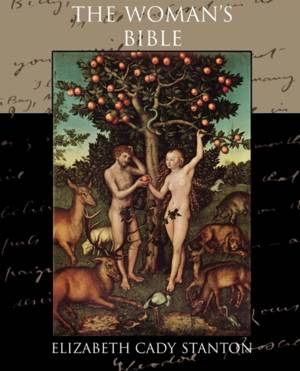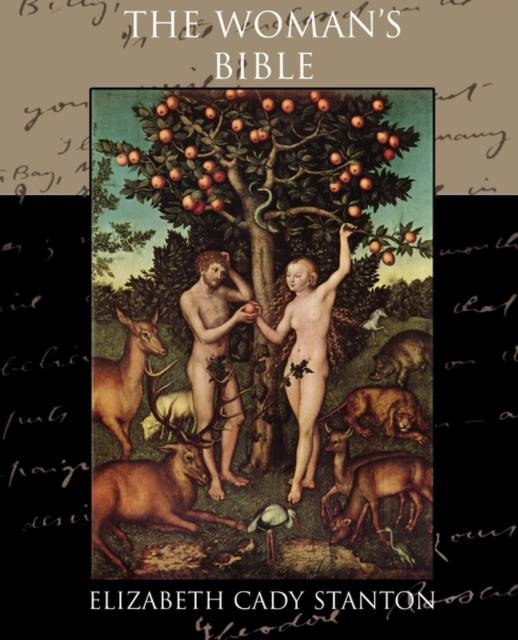
- Retrait gratuit dans votre magasin Club
- 7.000.000 titres dans notre catalogue
- Payer en toute sécurité
- Toujours un magasin près de chez vous
- Retrait gratuit dans votre magasin Club
- 7.000.0000 titres dans notre catalogue
- Payer en toute sécurité
- Toujours un magasin près de chez vous
Description
Elizabeth Cady Stanton was a 19th century leading figure in the women's movement and a social activist. In 1848 she presented her Declaration of Sentiments to the first women's rights convention in Seneca Falls, New York. Stanton addressed a broad range of issues besides suffrage. She spoke out on women's parental and custody rights, property rights, employment and income rights, divorce laws, the economic health of the family, and birth control. The purpose of the Woman's Bible was, "The object is to revise only those texts and chapters directly referring to women, and those also in which women are made prominent by exclusion. As all such passages combined form but one-tenth of the Scriptures, the undertaking will not be so laborious as, at the first thought, one would imagine. These texts, with the commentaries, can easily be compressed into a duodecimo volume of about four hundred pages." The introduction begins, "The canon and civil law; church and state; priests and legislators; all political parties and religious denominations have alike taught that woman was made after man, of man, and for man, an inferior being, subject to man. Creeds, codes, Scriptures and statutes, are all based on this idea. The fashions, forms, ceremonies and customs of society, church ordinances and discipline all grow out of this idea." Here is an example of a rewritten passage from Genesis. "26 And God said, Let us make man in our image after our likeness: and let them have dominion over the fish of the sea, and over the fowl of the air, and over the cattle, and over all the earth, and over every creeping thing that creepeth upon the earth 27 So God created man in his own image, in the image of God created he him: male and female image, created he them."
Spécifications
Parties prenantes
- Auteur(s) :
- Editeur:
Contenu
- Nombre de pages :
- 346
- Langue:
- Anglais
Caractéristiques
- EAN:
- 9781438525488
- Date de parution :
- 08-09-09
- Format:
- Livre broché
- Format numérique:
- Trade paperback (VS)
- Dimensions :
- 190 mm x 235 mm
- Poids :
- 594 g

Les avis
Nous publions uniquement les avis qui respectent les conditions requises. Consultez nos conditions pour les avis.






